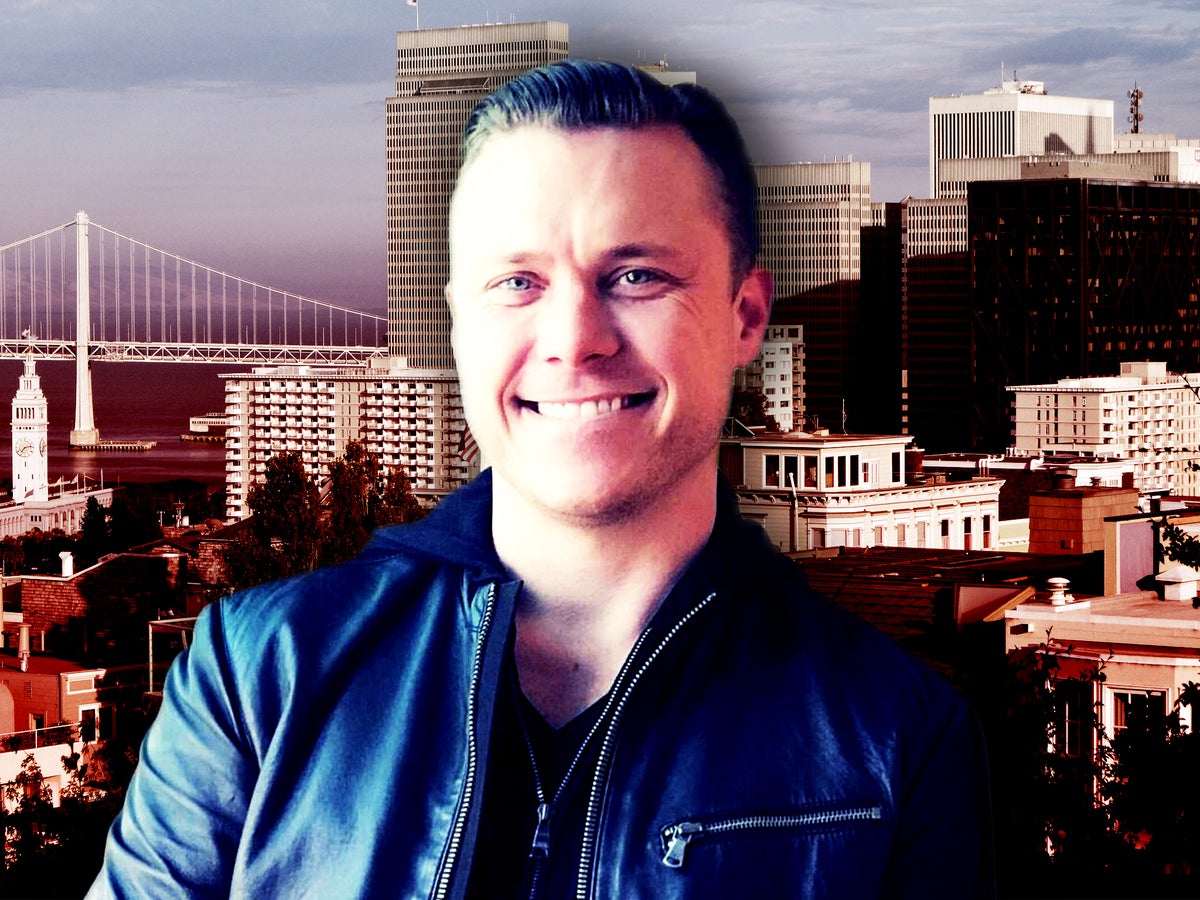
Bob Lee, the founder of the Cash App, was stabbed to death in San Francisco in an apparently random early morning mugging on Tuesday, according to friends and colleagues.
The well-respected tech executive, who also served previous roles at companies Square and Block, was mourned by members of the tech community in San Francisco and beyond, including Twitter owner Elon Musk, who vented his frustrations about the city’s violent crime.
“Many people I know have been severely assaulted,” Mr Musk tweeted on Wednesday. “Violent crime in SF is horrific and even if attackers are caught, they are often released immediately.”
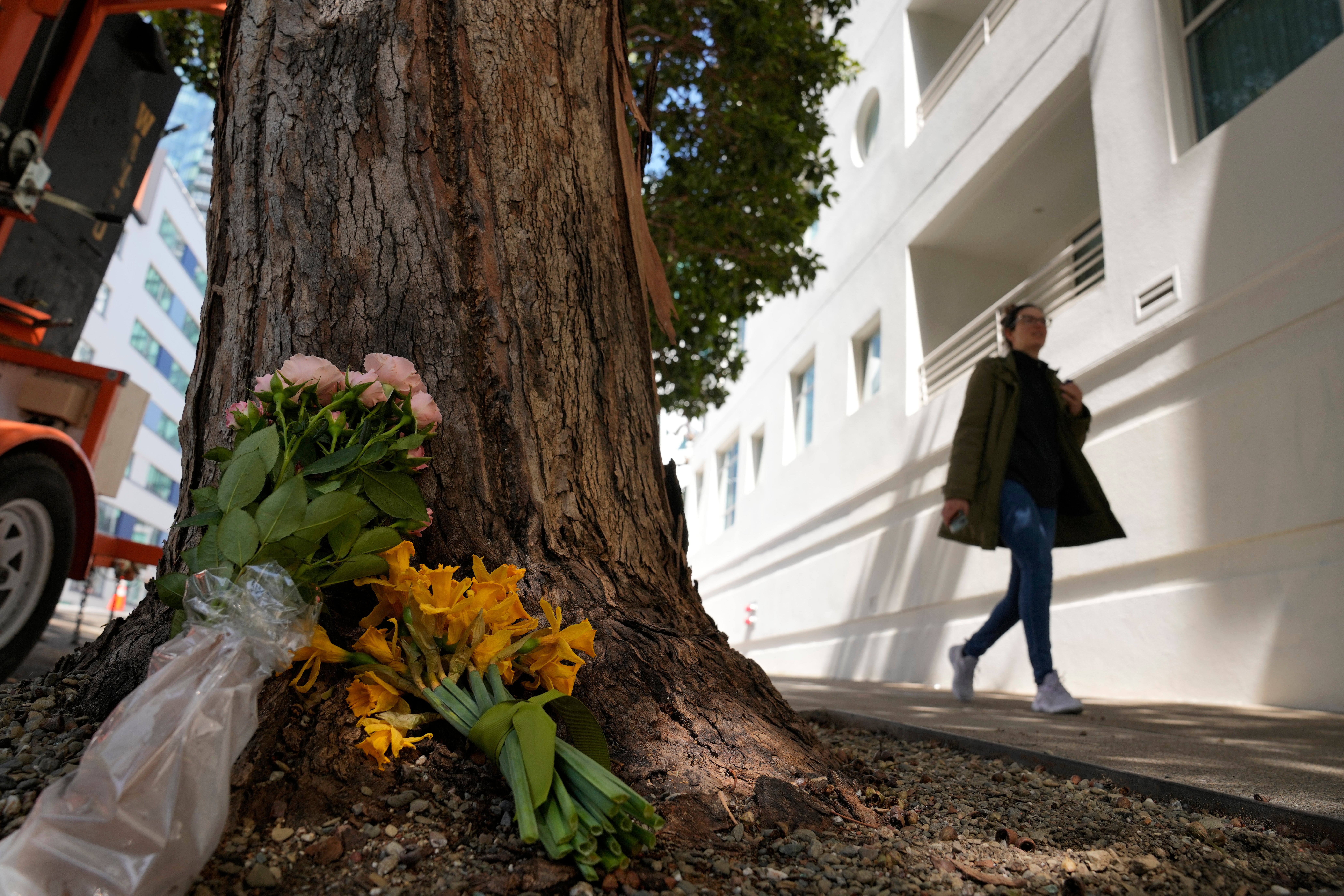
(In 2020, Mr Musk moved to Texas from California, criticising the Bay Area and California at large for being “entitled“ and having “too much influence on the world.”)
Following Lee’s death, many on social media, particulary in the close-knit tech world, echoed the Tesla founder’s point, with one Redditor who said they knew Lee writing, “I’m getting so sick of all the needless violence in SF.”
How violent is San Francisco? Have city officials given up on fighting crime? And do San Francisco police really release violent offenders, as Mr Musk claims? The answer, as with so much when it comes to online debates, is far more complicated that what’s playing out on social media.
To start, the city isn’t among the most dangerous in America, according to statistics.
Despite being one of the country’s largest cities by population, San Francisco wasn’t in the top 10 cities with the highest homicide rate in the US, according to an analysis of local and federal crime data from WLBT.
Those cities –Jackson, Mississippi; New Orleans, Louisiana; Birmingham, Alabama; St Louis, Missouri; Baltimore, Maryland; Baton Rouge, Louisiana; Detroit, Michigan; Cleveland, Ohio; Memphis, Tennessee; and Milwaukee, Wisconsin – were almost all concentrated in the Midwest and South in Republican-controlled states with high poverty rates.
In fact, violent crime rates have largely been declining in San Francisco since peaking in the 1990s, with the beginning of 2022 marking the lowest level of reported violent crime since 1985, according to the San Francisco Chronicle.
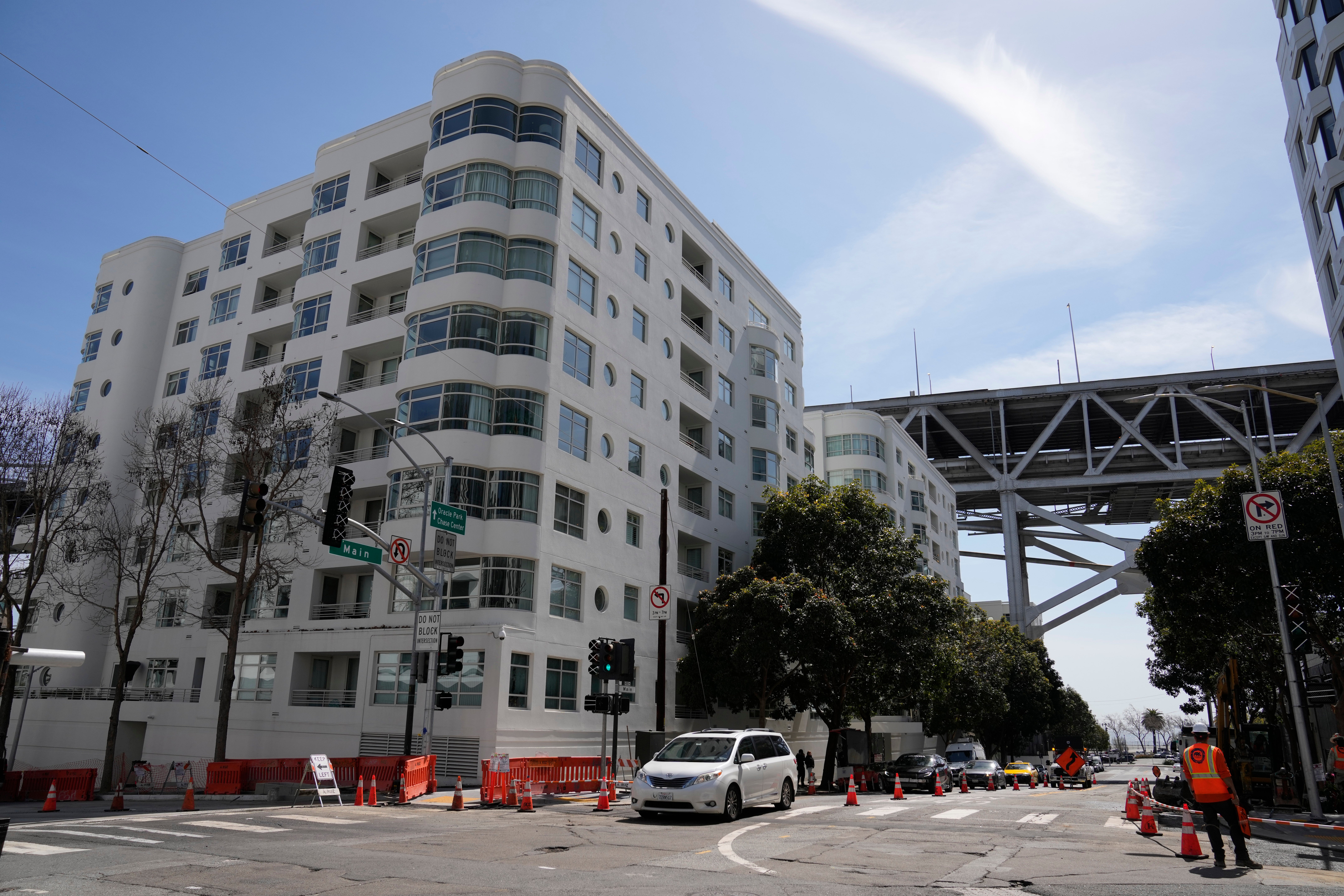
The city of Jackson, Mississippi, the place with the highest per capita murder rate by some measures, had nearly 13 times more murders per capita than San Francisco, according to city police data.
Meanwhile, the Bay Area tech hub, which saw 56 homicides in 2022, is in fact safer than cities with comparable populations like Indianapolis, where 210 people died last year in criminal homicides, or Charlotte-Mecklenburg, North Carolina, where 110 people were killed in 2022.
As The Independent has reported, despite relentless depictions in the media of liberal states like California or Illinois as the leading zones of violence in the US, red states also typically suffer the highest rates of gun violence and gun death.
That’s not to obscure San Francisco’s struggles. The city has grappled for years with deep inequalities: it is home to some of the wealthiest corporations in the world, as well as one of the nation’s highest rates of unhoused people without shelter. According to a 2022 analysis from the San Francisco Chronicle, using household income data, San Francisco is the third most unequal city in the country.
Some experts say it is this inequality that drives public safety issues in San Francisco.
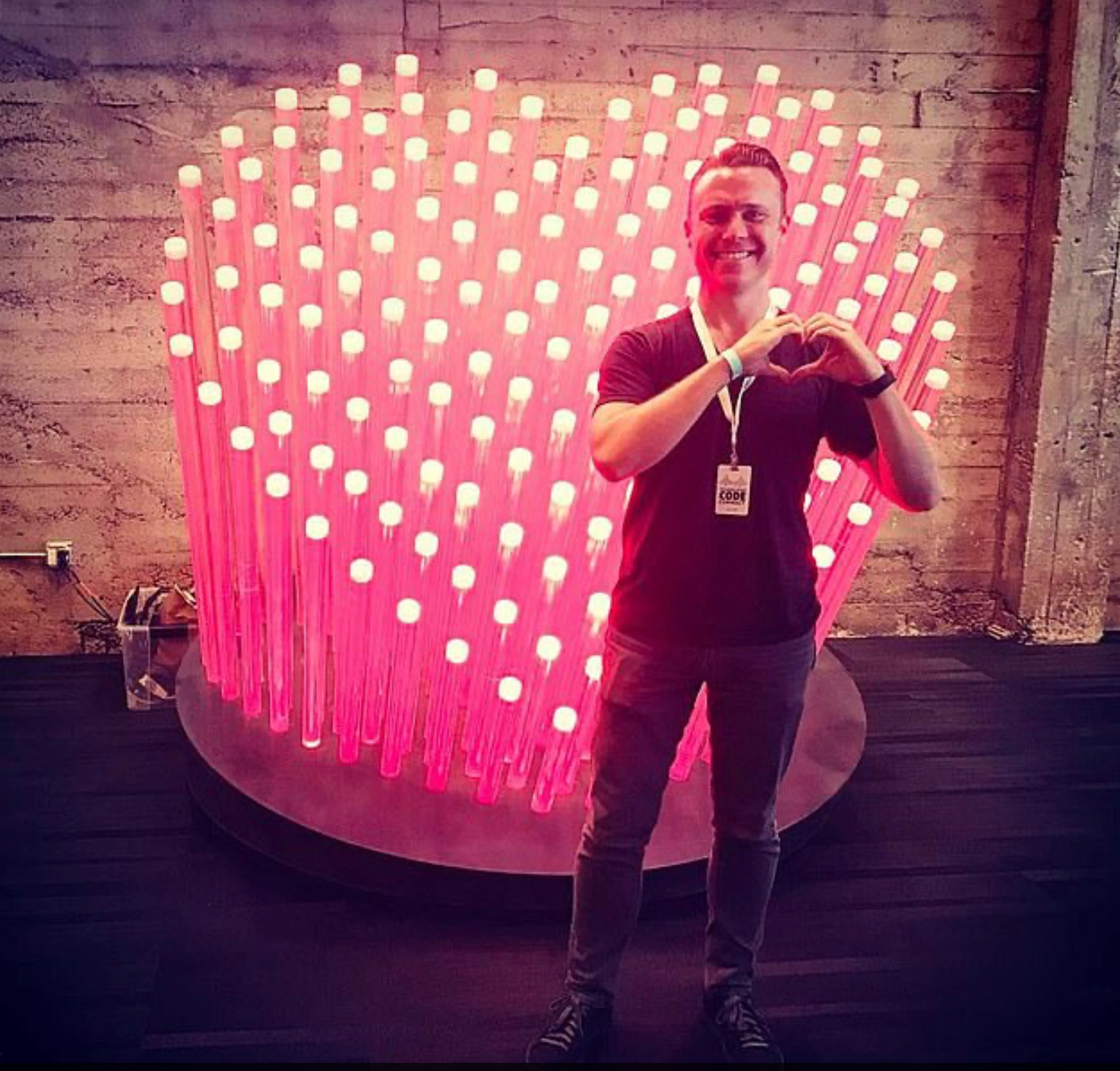
“There is not a crime spike happening, except in limited areas,” James King, a criminal justice reform activist in the Bay Area with the Ella Baker Center for Human Rights, told Jewish Currents last year. “But what is, I hope, peaking is frustration with a diminishing quality of life as a result of the pandemic. The pandemic revealed serious inequities in our society, as well as a lack of social safety net infrastructure to mitigate them.”
He added that San Franciscans sometimes have a heightened perception of crime and disorder because of the visibility of problems like the lack of housing.
“That type of visibility causes genuine discomfort for people who have more resources,” Mr King continued. “What’s lacking is any type of plan to deal with the root causes of what we’re seeing.”
In the face of this reality, where Fortune 500 companies share blocks with encampments of homeless people, many within the tech and business communities have complained that city officials don’t do enough to stop crime.
Alan Alden, who works in finance in Palo Alto and knew Bob Lee, blamed San Francisco mayor London Breed for public safety issues, telling the mayor on Twitter her “policies have claimed another life.”
“The homicide of Bob Lee is a horrible tragedy and my sympathies go out to his family and friends. The Police are actively investigating what happened and will share details as soon as they can,” the mayor’s office told The Independent in a statement. “San Francisco is prioritizing public safety, including recently passing our budget supplemental so we have the police staffing necessary to have more police officers in our neighborhoods and to investigate violent crimes when they do occur. I’m confident that when the Police make an arrest in cases like this, our District Attorney will do what’s necessary to hold any individuals accountable for their actions.”
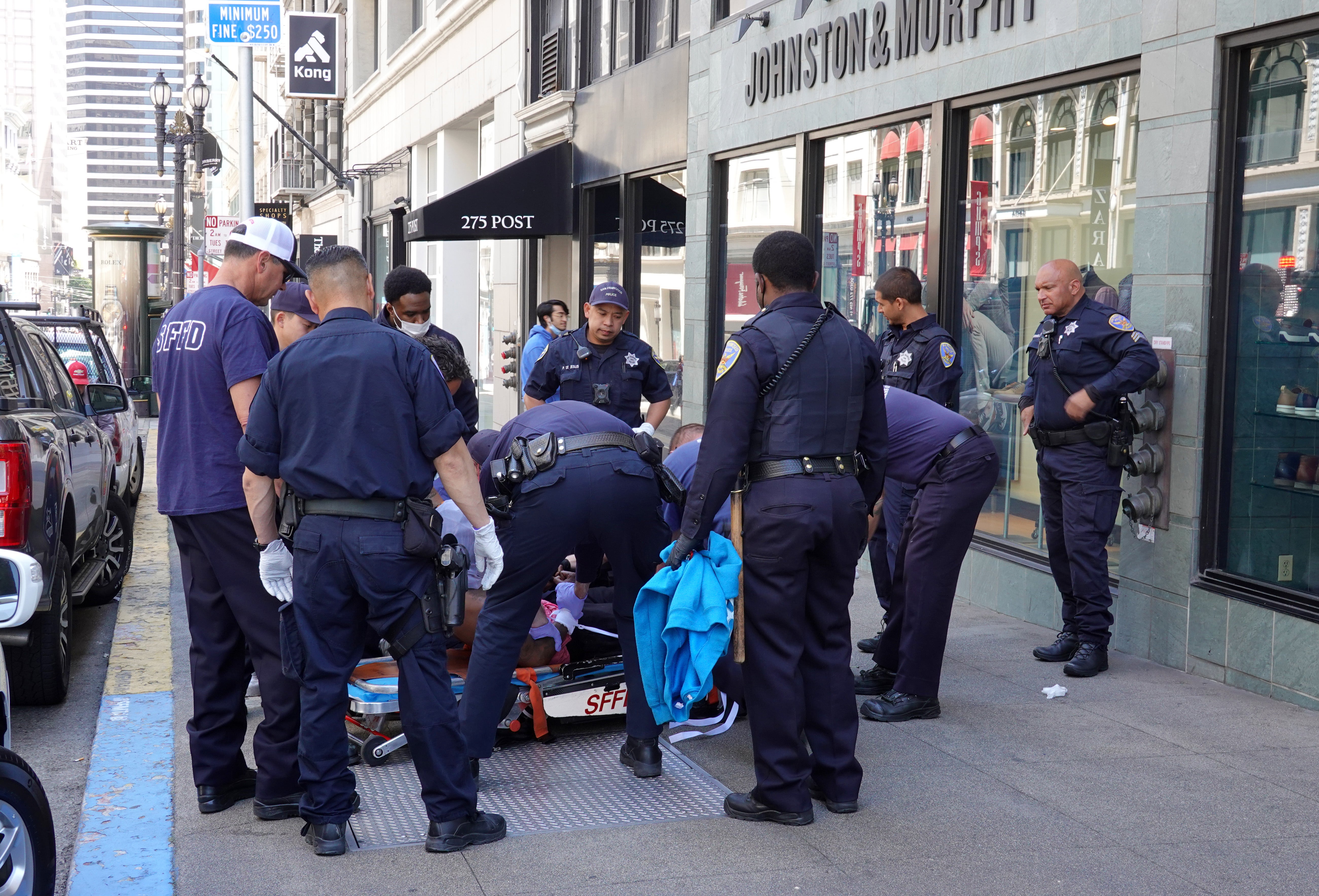
Despite initially overseeing a $120m reinvestment from the SFPD budget to other social service programmes aimed at minority communites, Ms Breed has emerged as a backer for increased police funding.
Last month, she asked the city Board of Supervisors to approve a $27m budget supplemental to fund police overtime. Between 2019 and 2022, even with the $120m cuts, the SFPD budget still grew by 4.4 per cent, and none of the reinvestments cut active-duty officer positions, KGO reported.
In the last five years, San Francisco police clearance rates for assault and robbery also declined. San Francisco police have said some issues are the result of staffing issues, and that the department is running at about 75 per cent capacity.
The mayor’s stance on policing has even won plaudits from the conservative-leaning Wall Street Journal editorial board.
Nonetheless, a perception remains that city officials are soft on crime, with much of the anger funneled at former DA Chesa Boudin, who was eventually recalled in 2022. He took steps alternatively celebrated by criminal justice reformers and reviled by critics, such as rolling back the use of often racially disproportionate “sentence enhancements,” and directing prosecutors to consider the immigration status of certain drug criminals and avoid high-level charges against non-violent offenders who could be deported.
Bob’s literal blood on their hands— Matt Ocko, a Palo Alto tech venture capitalist and friend of Bob Lee
Even after he left office in 2022, facing a well-funded recall effort, some were still blaming Mr Boudin for the city’s crime problems.
Matt Ocko, a Palo Alto tech venture capitalist who was friends with Bob Lee, blamed former San Francisco District Attorney Chesa Boudin and what he called the “criminal-loving city council” for creating a “lawless” city.
“Take action,” he urged city leaders on Twitter, claiming they have “Bob’s literal blood on their hands.”
Some argue this singling out is unfair, as one local prosecutor like Mr Boudin couldn’t be blamed for a city’s failure to ensure a social safety net.
“As a prosecutor, Boudin could not undo the root causes driving displacement,” the Vera Institute of Justice, a liberal criminal justice reform group, wrote in a post-mortem of the recall effort. “He decriminalized what are commonly referred to as ‘quality-of-life’ crimes, like public camping and public urination. He also sought alternatives to incarceration to address substance use, including investments in diversion programs proven to reduce harm.”
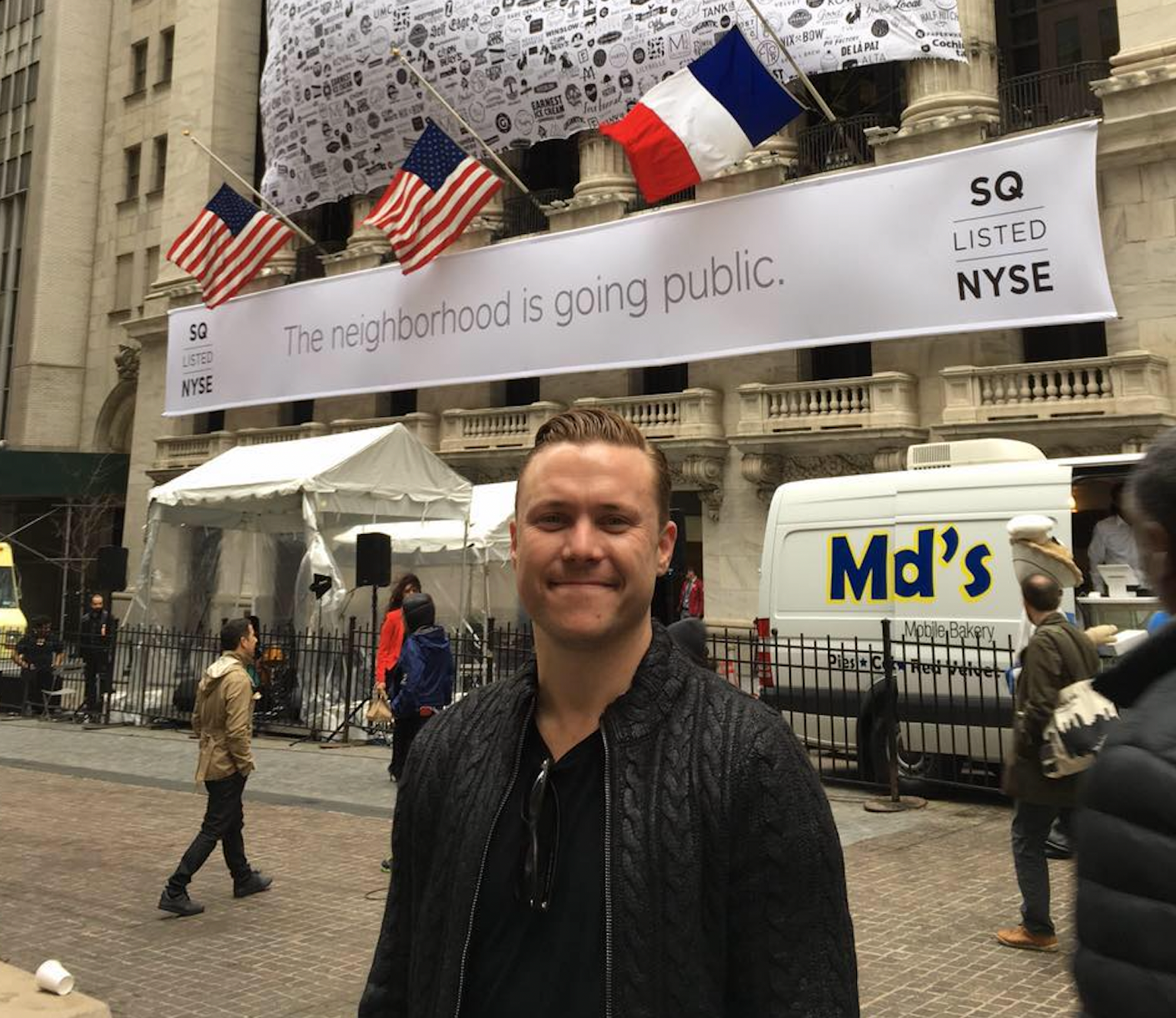
“Those policies drew the ire of people who wanted to police the housing crisis rather than invest in the public housing and support services needed to address it,” the group added.
Analysis from Mission Local shows that Mr Boudin filed about as many charges as any other prosecutor in the city since 2011, while city police data shows overall crime and larceny theft on a downward trend in the years before and during when Mr Boudin was in office.
In some categories, like burglary, crime did go up while Mr Boudin was in office, rising by 45 per cent, though it’s worth noting the DA was also in power during the immense social dislocation of the pandemic.
Critics like Mr Musk also appear to take issue with pre-trial release in California, where those accused of crimes can sometimes pay cash bail to be released until their case is over, or can otherwise by released by diversion programmes.
As The Appeal reports, median bail in California is more than five times the national level, keeping thousands of people in jail despite having not been convicted of a crime because they can’t afford release like their wealthier counterparts. According to research from UCLA, the statewide percentage of unsentenced people in California jail populations has been increasing since 2017.
San Francisco DA Brooke Jenkins, who replaced Mr Boudin after the recall, has said she will continue his practice of rarely seeking cash bail.
A study from the California Policy Lab at UC Berkeley and UCLA found that between May 2016 and December 2019, about one in six defendants released from jail pre-trial went on to commit a new violent offence, though experts say the data in the study excludes many low-level cases, and involves a San Francisco jail population where roughly a third of people are homeless and nearly three-quarters have a history of substance abuse.







